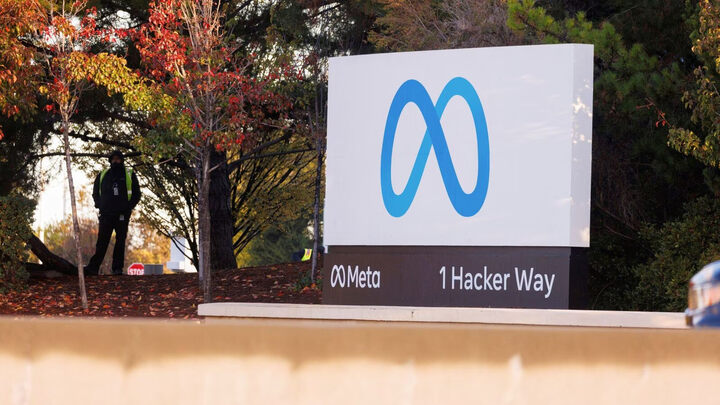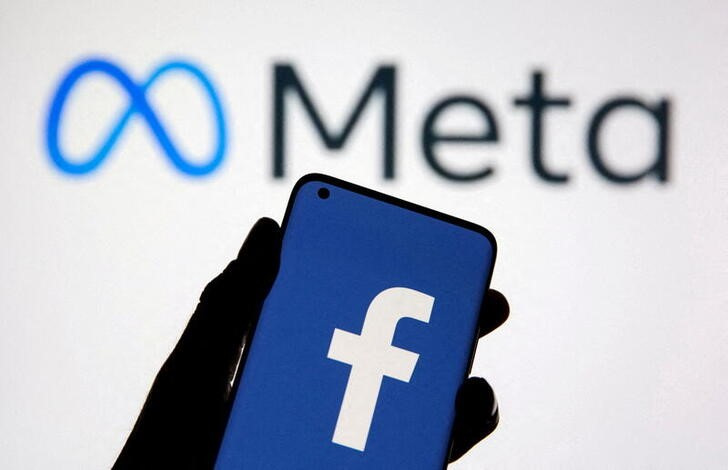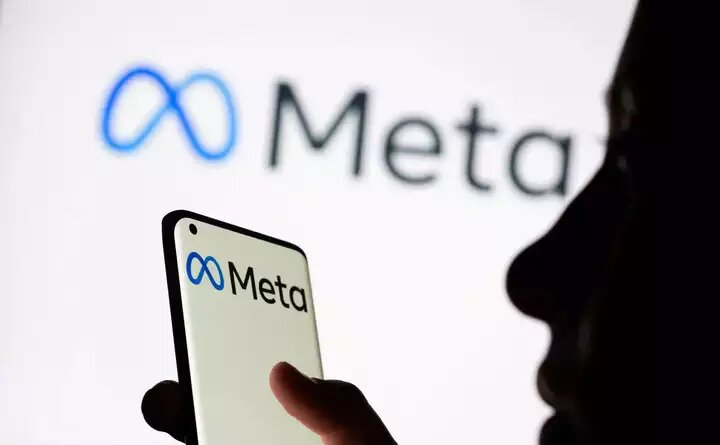Meta lays off tech teams, battering employee morale
Another round of employment layoffs was implemented by Meta on Wednesday, this time affecting engineers and related tech teams as CEO Mark Zuckerberg continued to restructure the company in an effort to make 2023 a “year of efficiency.”
The second round of mass layoffs at Meta, which it estimated would affect 10,000 workers, was announced in March, making it the first Big Tech company to do so. It was stated that 10,000 employees would be impacted over a period of months and in three main groups.

According to one of the dismissed workers who spoke with CNBC, the most recent job cuts also affected teams that worked with products, and Meta plans to eliminate business-related positions like those in finance, law, and human resources starting next month.
Also Read: Google wins appeal of $20 mln US patent verdict
This individual also said that technology teams who were not affected by the layoffs on Wednesday might be affected by those scheduled for the following month. The Business Programme Manager at Facebook, Teresa Jimenez, wrote on LinkedIn: “I woke up this morning to the awful news that I was one of the many laid off from Meta today.
While I am undoubtedly disappointed, I am also really #grateful for the chance to have collaborated with some of the most creative people for almost three years! (sic)”
Zuckerberg had stated in March that “We anticipate announcing reorganizations and layoffs in our tech groups by the end of April 2023, followed by our business groups by the end of May 2023.
In a small number of cases, it may take through the end of the year to complete these changes. Our timelines for international teams will also look different, and local leaders will follow up with more details.”
After a pandemic-driven surge in online advertising and cloud computing, Meta’s initial wave of layoffs in the fall affected more than 11,000 workers, or 13% of its total staff at the time, and came before other significant IT businesses laid off thousands of workers.
Along with the restructuring, Meta is “flattening” the levels of middle management and shelving lower-priority projects. The corporation has benefited from shrinking thanks to investors. In comparison to the tech-heavy Nasdaq Composite, Meta shares have increased by almost 80% this year.
The company, which will release its first-quarter earnings on April 26, is anticipated to profit from regulatory pressure on primary rival TikTok and a minor uptick in the digital advertising sector

I am a law graduate from NLU Lucknow. I have a flair for creative writing and hence in my free time work as a freelance content writer.





